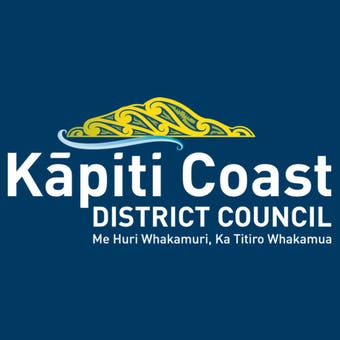Dangerous, Affected, and Insanitary Buildings Policy
Consultation has concluded
This consultation has now closed.
As part of a required five-yearly review, we sought your feedback on the proposed changes to our Dangerous, Affected, and Insanitary Buildings Policy. This policy is a requirement of the Buildings Act and ensures that buildings in the district meet minimum requirements to ensure they are safe.
Your input helped us refine this policy to better protect public safety while addressing the needs and values of our community.
Hearings were held at the Council meeting on Thursday 31 October 2024.
Read the finalised Dangerous, Affected, and Insanitary Buildings Policy 2024.
What does the policy cover?
This policy outlines how Council identifies, categorises, and manages buildings that may be dangerous, affected by nearby dangerous buildings, or insanitary. It ensures that when there are issues with buildings there is a clear process for assessing and making them safe.
What are dangerous, affected, or insanitary buildings?
Generally, dangerous, affected, and insanitary buildings can be described as:
- Dangerous Building: a building that is likely to fail structurally, or is hazardous in the event of fire, and is likely to cause death or injury to a person in it, or near it, or cause damage to other buildings/property.
- Affected building: a building that is adjacent to, adjoining, or nearby a dangerous building, which could be at risk should the dangerous building fail.
- Insanitary Building: a building that is offensive or injurious to health because of its situation or construction and/or lacks a potable water supply or adequate sanitary facilities.
Buildings may become dangerous or insanitary through structural failure, instability of ground or exposure to natural hazards, through moisture ingress, failure of critical systems like sprinklers or lifts, or insufficient access to potable water or sanitary facilities.
Why is this policy important?
It's important that all buildings in our district are structurally sound and don’t pose any danger or health risks to the people in and around them. Under the Building Act 2004, Council is required to have a policy in place to manage these types of buildings. The policy is required to be reviewed every five years to ensure it remains effective and aligned with current legislation.
What's changing in the policy?
Following an internal review and on the advice of the Ministry of Business Innovation and Employment some changes have been made.
In response to the Christchurch earthquakes, new legislation requires the policy to include buildings that could be affected by a nearby dangerous building. The 2024 version will be the Dangerous, Affected, and Insanitary Buildings Policy.
Better linking decision making about buildings to wider social, economic and cultural factors and some best practice actions.
Submissions received
Here are copies of the submissions we received. Note that a number of people asked for their personal details to be withheld, and these are removed from the submission documents
How you could have your say:
Consultation was open for one month from Wednesday 18 September–Friday 18 October 2024, at 5pm.
You could complete our online submission form to provide your feedback.
Or you could:
- Pick up and complete the submission form at one of our libraries or service centres.
- Print the submission form and email it to HaveYourSay@kapiticoast.govt.nz.
- Post submission forms to:
Kāpiti Coast District Council
175 Rimu Road
Private Bag 60601
Paraparaumu5254
What happens to your feedback?
Your submission helps inform Councillors when they finalise the Dangerous, Affected, and Insanitary Buildings Policy 2024.
Your Privacy
All submissions are public information and may be published on Council’s website. This supports our drive to be as transparent as possible, but if there are any personal details you don’t want made public, please let us know on the submission form.
Want to know more?
If you have any questions, or would like a little more information, please email haveyoursay@kapiticoast.govt.nz or call 04 296 4700.


